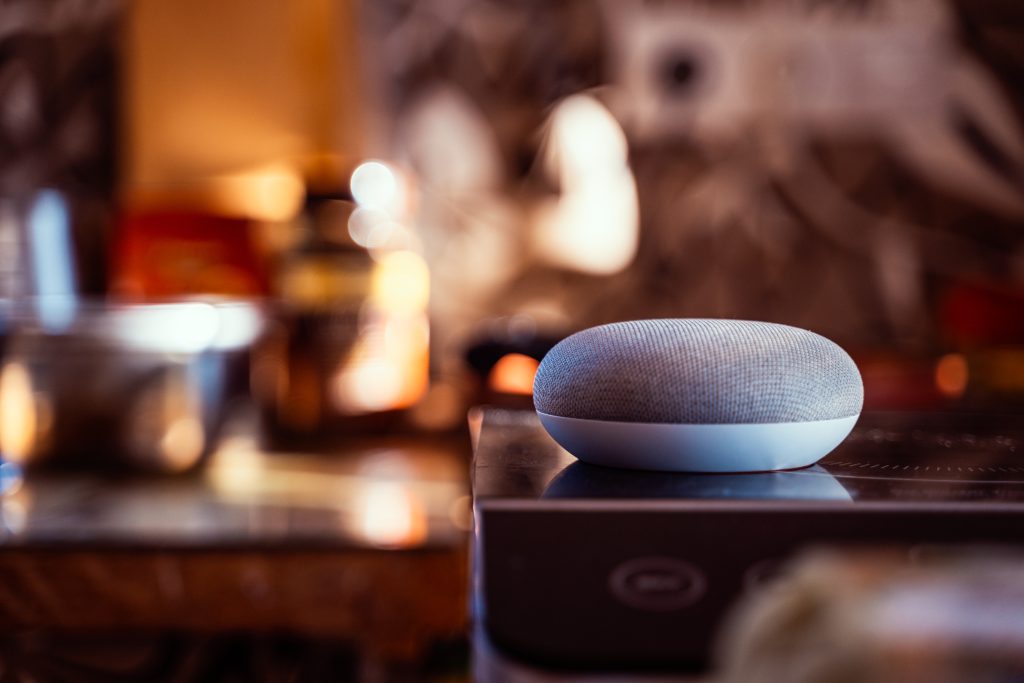Smart home devices are becoming fixtures, offering unmatched convenience and efficiency. Yet, a recent investigation by consumer watchdog Which? casts a shadow on these gadgets, revealing potential privacy breaches and surveillance risks. Let’s dissect these concerns and guide small business owners through safeguarding their privacy – whether at work, or at home.

The Unseen Eyes in Our Homes
Smart devices integrate seamlessly into our daily routines, from voice assistants to connected thermostats, promising more intelligent living. However, studies unveil a concerning blend of convenience and covert surveillance, raising questions about the privacy of our intimate moments and business dealings.
The investigation into devices like smart TVs and doorbell cameras highlights several alarming trends:
- Extensive Data Sharing: Many devices share user data with third parties without user awareness, questioning the boundaries of our personal and business privacy.
- Eavesdropping Potential: Particularly voice-activated devices like Alexa, are susceptible to capturing and inadvertently sharing private audio, posing a significant risk of unauthorized surveillance.
- Opaque Data Practices: Many manufacturers obscure their data collection and sharing practices, leaving users uninformed about the privacy implications of their connected homes.
- Security Gaps: The study also pinpointed vulnerabilities in some smart devices, exposing users to potential cyber threats and compromising the security of their smart home ecosystems.
Safe Navigation Through the Smart Home Landscape
For small business owners, maintaining privacy while leveraging smart technology requires a proactive approach:
- Decipher Privacy Policies: Scrutinize the privacy policy of any smart device before purchase, focusing on data collection, sharing practices, and security measures.
- Leverage Privacy Settings: Utilize the privacy settings on your devices to minimize data sharing and tweak voice activation sensitivity.
- Stay Updated: Regular firmware updates can mitigate security vulnerabilities and enhance device performance, safeguarding your data against cyber threats.
- Enforce Strong Passwords: Employ robust, unique passwords for each device, steering clear of factory defaults that hackers can easily exploit.
- Consider Offline Alternatives: Whenever possible, choose devices that function offline or have limited internet connectivity to reduce data exposure.
- Minimize Voice Activation: If privacy is a paramount concern, limit or disable voice-activated features to avoid accidental recordings and surveillance.
- Audit Your Smart Devices: Regularly review your network’s connected devices, removing any that are obsolete or lack proper security features, to maintain a secure smart home ecosystem.
Ensuring Your Smart Home’s Security
In the digital age, embracing technology is inevitable, but so is the need to protect our privacy. The convenience of smart devices shouldn’t come at the cost of our data security. Small business owners, in particular, must diligently safeguard their and their clients’ privacy.
This guide is a roadmap for navigating the smart home technology landscape with an informed, privacy-focused approach. By understanding the risks and taking steps to mitigate them, you can enjoy the benefits of smart devices without compromising your privacy. If you’re unsure about your setup’s safety, consider a professional security review to identify and rectify potential vulnerabilities.
In conclusion, the Which? study serves as a crucial reminder of the privacy implications of smart home devices. However, with careful consideration and proactive measures, it’s possible to enjoy the benefits of these technologies while protecting your privacy. Small business owners must stay informed, be cautious, and take practical steps to secure their smart ecosystem. Whether it’s through understanding privacy policies, updating device firmware, or considering offline alternatives, each action contributes to a safer, more secure digital environment for your home and business.
Remember, in the era of smart technology, being informed and proactive is your best defense against privacy breaches and security threats. By following these guidelines, you can create a smart home that enhances your life with modern conveniences and respects and protects your privacy.



